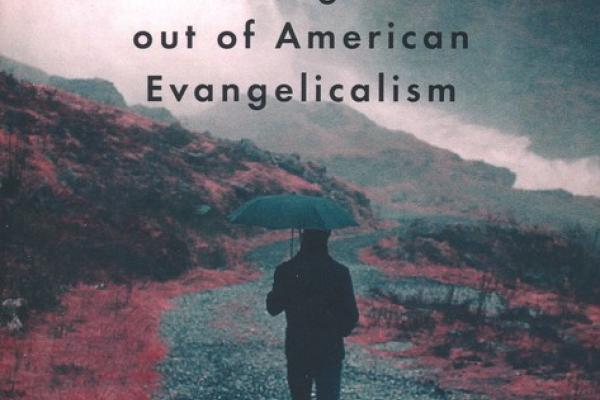“THERE IS SOMETHING off-putting about a nonfiction story in which the I is infinitely more sinned against than sinning,” opines Phillip Lopate, the dean of nonfiction literature.
David Gushee’s autobiographical Still Christian may fall short in chronicling his own “sinning,” but this is ultimately redeemed by his self-reflective amusement at surviving the “skin of my teeth” narrative. After all, he notes that he is an ethicist who has “flexibility about convictions,” which is confession enough. As with many good books, the title masks a more accurate if less marketable headline. In Gushee’s case, it might be: “Still Baptist: A Southerner grapples with his diary.”
Gushee is an ethics professor at Mercer University, a church pastor, and the recently elected president of the American Academy of Religion. Reading this worthy extended essay on a Baptist life, I felt we were traveling together in an action movie where the hero barely escapes from an exploding planet. In Gushee’s story, those religious flames pushed us forward toward safety, merely scorching our heels, rather than pulling us backward into the lava-like funnels of religious fervor.
This was not Hollywood, however, but real life for Gushee and millions of us left orphaned by an originally capacious Southern Baptist planet that had, by 1993, imploded of its own weight. This ecclesial destruction revealed that the often-quoted Baptist ideal of “sole competency to interpret the scriptures” did not make room for the institutional continuity that “moderates” sought, but did allow for a fundamentalist (even neo-Calvinist) takeover.
Read the Full Article

